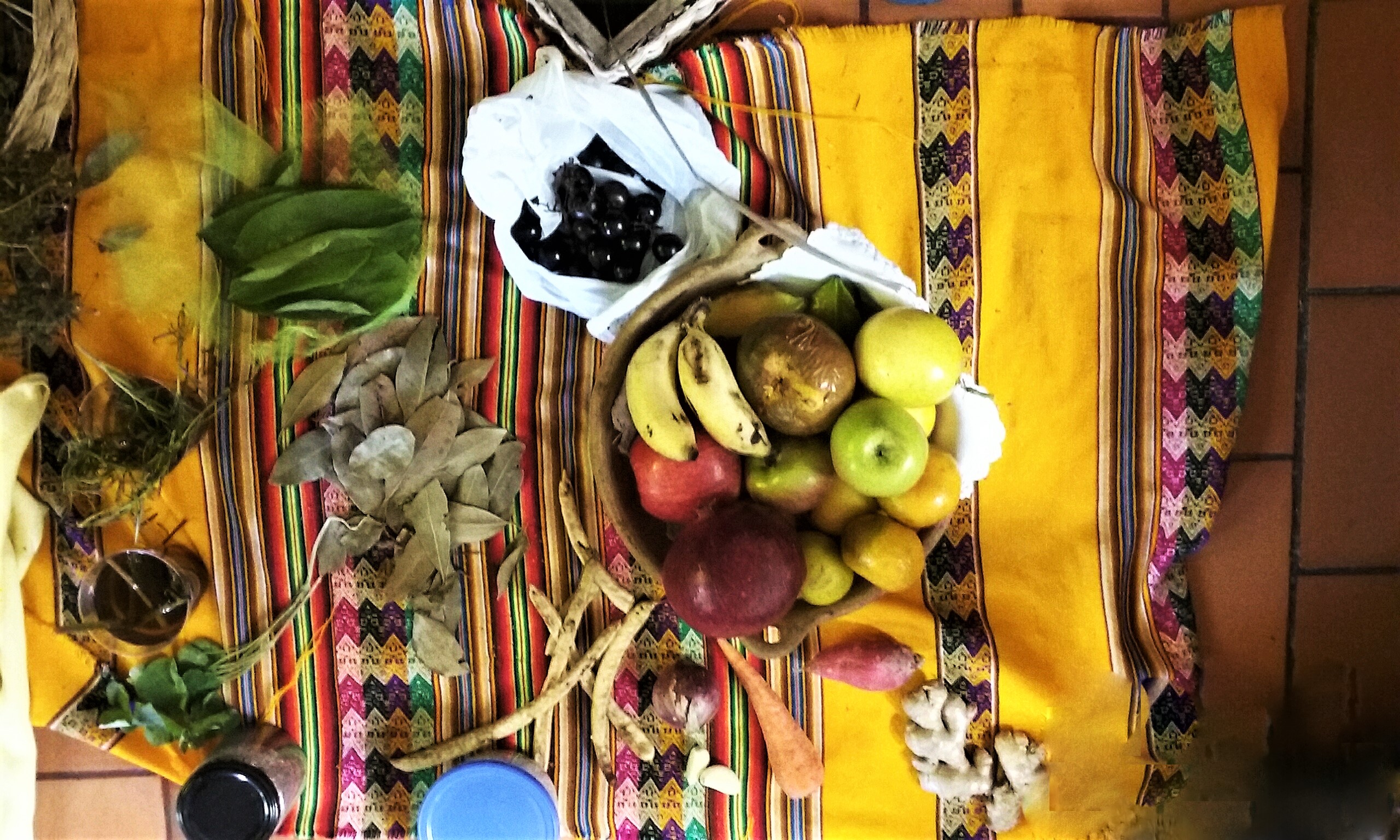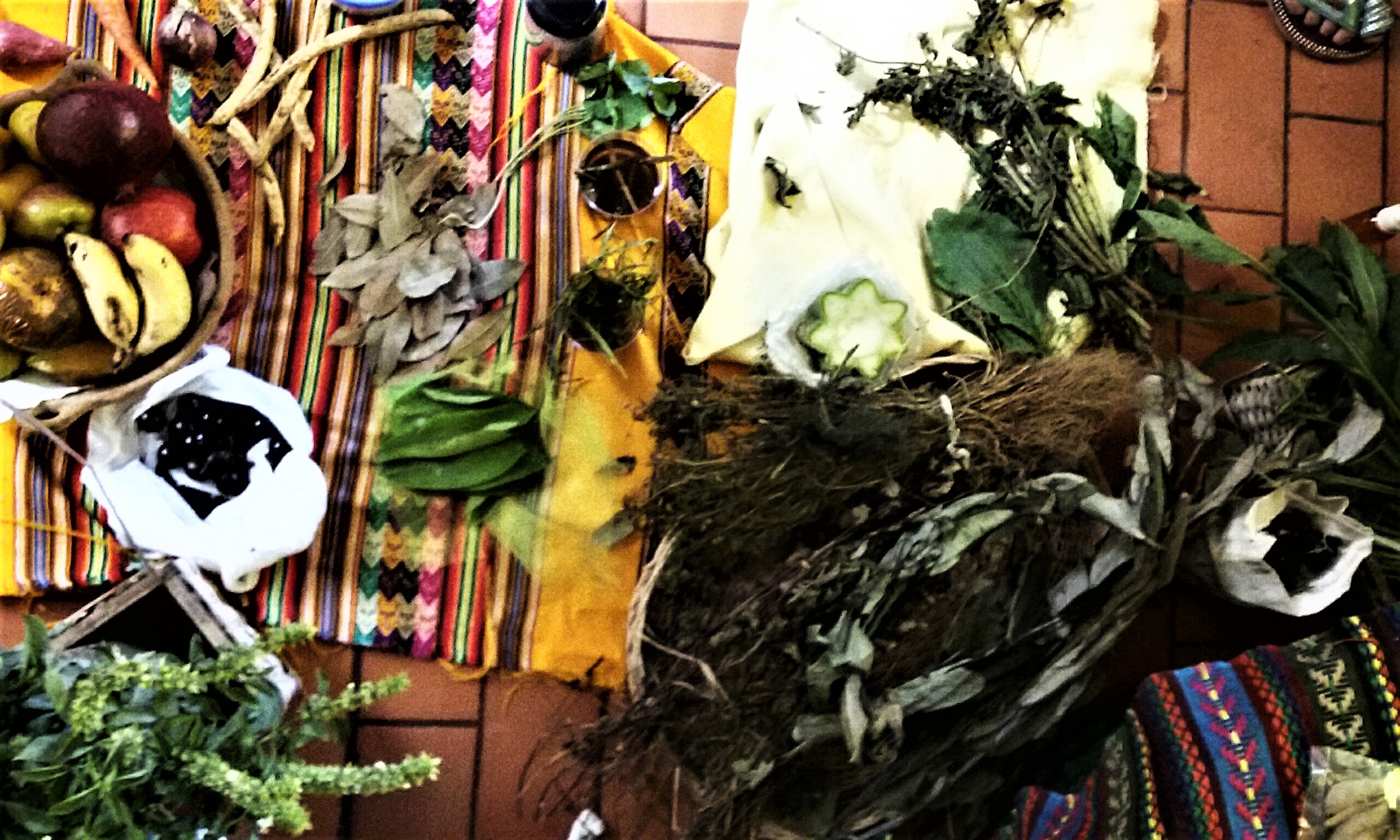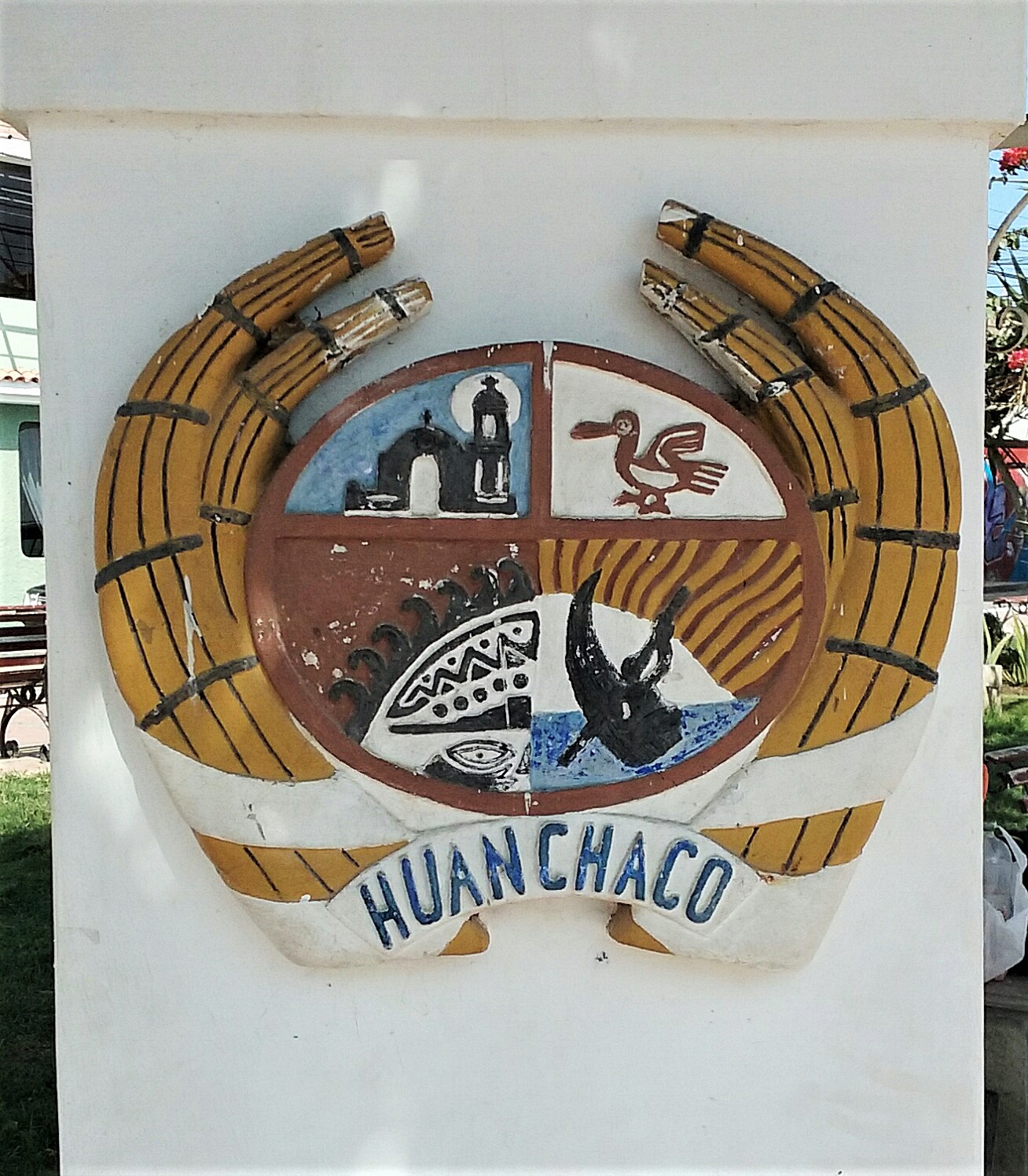Hi, my name is McKinley. This summer abroad is my last semester of undergraduate studies. I study cultural and medical anthropology as well as sociology at Utah State University. This is my first experience leaving the United States, and I’m spending it in an ethnographic field school in Huanchaco, Peru.
A little more about me: I am a painter, photographer, classical singer, and I have a lot of rare medical conditions causing a physical disability. Many of my experiences and observations in Peru are influenced by my health. Hopefully I’ll be able to give some suggestions to make your study abroad with health challenges a bit easier.
I was incredibly excited to study abroad, and had very few reservations about my trip. My biggest worries were about my health. I wasn’t sure if my medications would be allowed in Peru (they were). I checked with the U.S. embassy in Peru to see if my prescriptions were legal. I called my airline as well to check their restrictions for how to package my medications and how best to stow my cane during the flight. (It is also possible to board early and get assistance if traveling with a wheelchair or other health concerns). I also worried that I would be too sick to participate in classes or activities. So I made preparations with my doctors and with my professors so if I felt subpar, I could still complete my work. I’ve already fallen ill, and was well taken care of. I have even been greeted with traditional Peruvian healing remedies. I was also concerned about exposure to water-borne illnesses from recent flooding in the area. I bought a water filter to screw on top of my water bottle when I drink. Some of my classmates purchased steripens to filter their water. Our professor likewise provided large water filters for us to fill water bottles with. I was pleasantly surprised to find that water sanitation is a priority in my hostel and in many of the shops I’ve visited.


Spread of traditional healing herbs. A local woman who is a traditional healer showed my class her collection of plants and herbs which she uses to treat and cure everything from joint inflammation, respiratory issues, and stomach/digestion problems, to helping stroke patients recover from paralysis. When I fell ill, I used some of her medicinal herbs!
I’ve been in Peru for one week now and have noticed a few differences from the U.S. As an an anthropologist, it’s very important not to generalize. Therefore, these observations are specific to my interactions in La Libertad region of Peru in June 2017. First, there are few, if any, accessibility ramps for people with disabilities. Second, two lanes of traffic often become five, and cars definitely have the right-of-way before pedestrians. The traffic laws are barely enforced by police, but there is a social norm in driving that helps people be slightly more safe. Third, smiling at strangers of the opposite sex can potentially be interpreted as romantic interest (my friend learned this the hard way). Fourth, the women (and sometimes men) greet and say goodbye with a kiss to the right cheek. Fifth, most of the food is locally produced, making meals clean and healthy. Sixth, some Peruvians run on “la hora Peruana,” or “Peruvian time.” This is a habit of running late (by a few hours). Finally, there seems to be a multi-generational commitment to the central family unit. Grandparents, patents, and children are frequently seen together enjoying family time. Likewise, there is a genuine concern about close friends.
I’m quite smitten with Huanchaco. It’s a quiet city right on the beach. The crime rate is very low, so I feel safer here than in the bigger cities (Lima, Trujillo). Everyone I’ve met has been really kind and helpful. Still, I had to adjust to speaking and listening in Spanish full-time (talk about a brain workout). It made me anxious the first two or three days, worrying that I wouldn’t understand or wouldn’t know what to say. But it has already become easier, and I expect my language abilities will only continue to increase (so don’t give up hope). I haven’t felt terribly homesick yet, likely because I’ve become good friends with my classmates. My best tip is to make a friend and stick close together until you both become more comfortable.

The crest of the city of Huanchaco. This one is located in the Plaza de Armas in Huanchaco, which is located right outside my hostel. The four images are la Iglesia de Huanchaco (top left), Chimu culture (top right), Moche culture (bottom left), and caballitos de totora or reed wave riders (bottom right).
I’ve set some goals for my study abroad experience in Peru. I want to track my personal, educational, and professional progress. These goals include completing original research and producing an ethnography, surfing, trying Peruvian foods, learning about traditional ethnomedical beliefs, and helping provide humanitarian aid to a town destroyed by flooding. It’s important to me to keep my sights set high, but within the limits of what my health will allow. This week, I’m working on my writing skills as I work on my ethnography. I’m particularly inspired by Benjamin Franklin’s words:
“Either write something worth reading or do something worth writing.”
I wish you all the best from Huanchaco. Keep dreaming, keep achieving, keep reaching. There are so many good things ahead. Happy and healthy journeys to you all!



